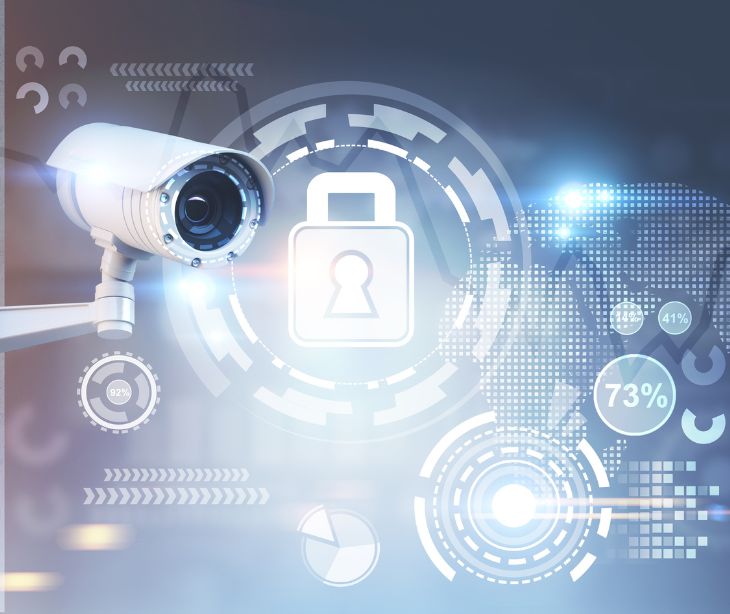2 min read
Understanding permissible disclosures in an emergency
Tshedimoso Makhene
October 20, 2023

Emergency situations like natural disasters, accidents, or life-threatening medical conditions require prioritizing patients' needs. HIPAA allows health professionals to share patient information in an emergency to ensure the right care is provided promptly.
What are the permissible disclosures?
- Treatment: When an individual needs immediate medical attention, healthcare providers can share protected health information (PHI) without prior consent to ensure the patient gets the care they require.
- Notification: In situations where the patient is incapacitated, or it's in their best interest, healthcare providers can share vital information with family members, friends, or anyone involved in the patient's care.
- Public health: HIPAA allows for the sharing of PHI with these entities to safeguard public health. This is especially relevant in the event of outbreaks or disasters.
- Imminent threat: When there's a severe and immediate threat to an individual or public safety, providers can share relevant PHI to prevent or mitigate this danger. Coordination with law enforcement may be necessary to handle the situation appropriately.
- Law enforcement: Healthcare professionals may disclose PHI to law enforcement in specific circumstances, such as when a crime occurs on the premises or when a valid warrant or court order is presented. These disclosures must be considered carefully to protect patient rights.
- Disaster relief: During emergencies or natural disasters, organizations dedicated to disaster relief may require access to patient information to coordinate services effectively.
- Facility directory: Some healthcare facilities maintain directories containing basic patient information like names and locations. This data can be shared to inform family and friends about the patient's whereabouts.
Sharing PHI should follow the minimum necessary rule to ensure that healthcare professionals only communicate what is essential to achieve the intended purpose. Health professionals are encouraged to use their discretion and consider what information is relevant and required for the situation.
Go deeper: Minimum necessary rule
How to securely share the permissible disclosures
Sharing permissible disclosures in emergency situations is allowed. Still, it must be done securely to protect patient privacy and comply with HIPAA regulations:
- Encrypted communication: Use secure communication methods like HIPAA compliant email to transmit patient information. This helps protect the data from unauthorized access during transmission.
- Access control: Restrict access to patient information to authorized personnel only.
- Document auditing: Implement auditing and monitoring tools in your electronic systems to track who accesses patient information and when. Regularly review these logs for any suspicious activity.
- Emergency preparedness training: Train staff in emergency preparedness and what can be shared in an emergency situation.
- Business associate agreements: Ensure that any third-party organizations or vendors handling patient information have signed business associate agreements (BAAs) and adhere to HIPAA regulations.
Go deeper:
Subscribe to Paubox Weekly
Every Friday we bring you the most important news from Paubox. Our aim is to make you smarter, faster.




